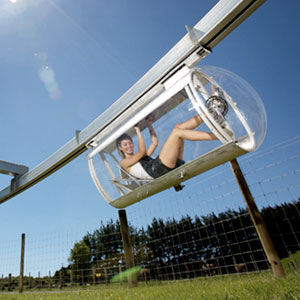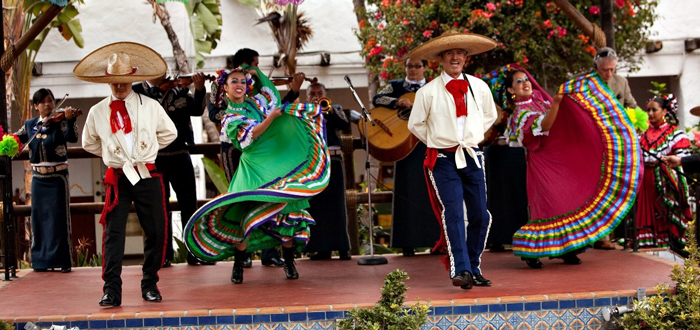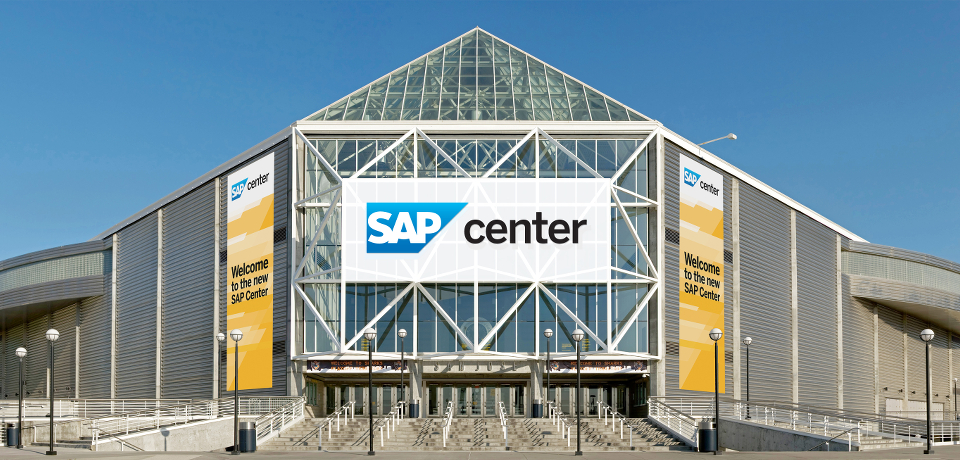What can we do to make the world a better place? That was a question asked by Google, who took their motto of “Do no evil,” and expanded it to “Do good instead.” They asked for ideas to improve government, education, transportation, the environment, and offered to provide seed money to “the most innovative approaches to solving some very pressing problems.” They called it Project 10^100, a play on googol, which is 10^100.
The responses were overwhelming. There were more than 150,000, in fact, from over 170 countries. The challenge was to whittle the list down to the best 16 ideas. These were then presented to the public, which voted on the top five. Three of them focused on education, one focused on government transparency, and another on clean transportation. Put together, they give some idea of where people’s priorities lie and what problems they think face us today. Education is invariably number one.
The first idea to be recognized was The Khan Academy, a group dedicated to providing quality education to anyone with a computer and an internet connection. The groups has posted over 1,800 open source videos on mathematics, the sciences, history, and economics, with a decided emphasis on mathematics. Anyone can access the videos for free, and learn everything from basic addition to undetermined coefficients. There is even a section for budding entrepreneurs on “Getting a seed round from a VC.” A seed round they got for this charitable endeavor. Google gave them $2 million to expand their courses and translate them into the world’s most widely spoken languages. Expect to see Spanish up there soon, but also Bengali, Arabic, and Urdu.
There’s theoretical learning and the practical application of that learning. FIRST (For Inspiration and Recognition of Science and Technology) focuses on the latter. Founded by Dean Kamen of Segway fame, it’s “mission is to inspire young people to be science and technology leaders, by engaging them in exciting mentor-based programs that build science, engineering and technology skills, that inspire innovation, and that foster well-rounded life capabilities including self-confidence, communication, and leadership.” In practice it means taking young people and teaming them up with professional scientists and engineers as mentors. Some 3,500 organizations are already supporting the group, and Google has added another $2 million to the pot, “to develop and jump start new student-driven robotics team fundraising programs.” They’re investing in the innovators of tomorrow.
Africa is one of the places that suffers most from a dearth of real educational opportunities. The African Institute for Mathematical Sciences (AIMS) aims to change all that. Based in Capetown, South Africa, the group has launched its Next Einstein Initiative “to unlock and nurture scientific talent across Africa.” AIMS has already established established a one-year bridge program for recent university graduates that helps build skills and knowledge prior to Masters and PhD study. Participants in the program come from 31 African nations and include 30 percent women. IN the past, Google has awarded AIMS a $1 million grant, which inspired a $2 million grant from the Canadian government. Now Google is upping the ante with a $2 million grant of its own.
All politicians promise transparency, but how many actually fulfill their promises? Public.Resource.org hopes to correct that and encourage greater civic involvement in the American political process. Their goal is to provide online access to all public government documents in the United States. With the $2 million they have just received from Google, they plan to make all primary legal materials in the United States available to all.
And then there is Shweeb. This may be the outlier—one of the funkier projects that Google is funding, to the tune of $1 million. Shweeb is, essentially, a commuter transportation system, run as a monorail but powered by pedals—a hybrid monorail and bicycle of sorts, with each rider getting an individual pod. This way they can pedal along the track to get to their destination. It offers bicycling enthusiasts a chance to ride above traffic on multi-level rails, and to get to their destination safely. With the Google grant, Shweeb will plan and test the product in an urban setting in the Northern Hemisphere, and offer an alternative for commuters looking for a clean, environmentally friendly way to get to work—and lose some pounds along the way.
That’s $10 million dollars for you, spent to make the world a better place. And there are still 19,995 more ideas out there for anyone else who wants to pitch in.
Read More at Project 10^100.

 First Day of School
First Day of School 







